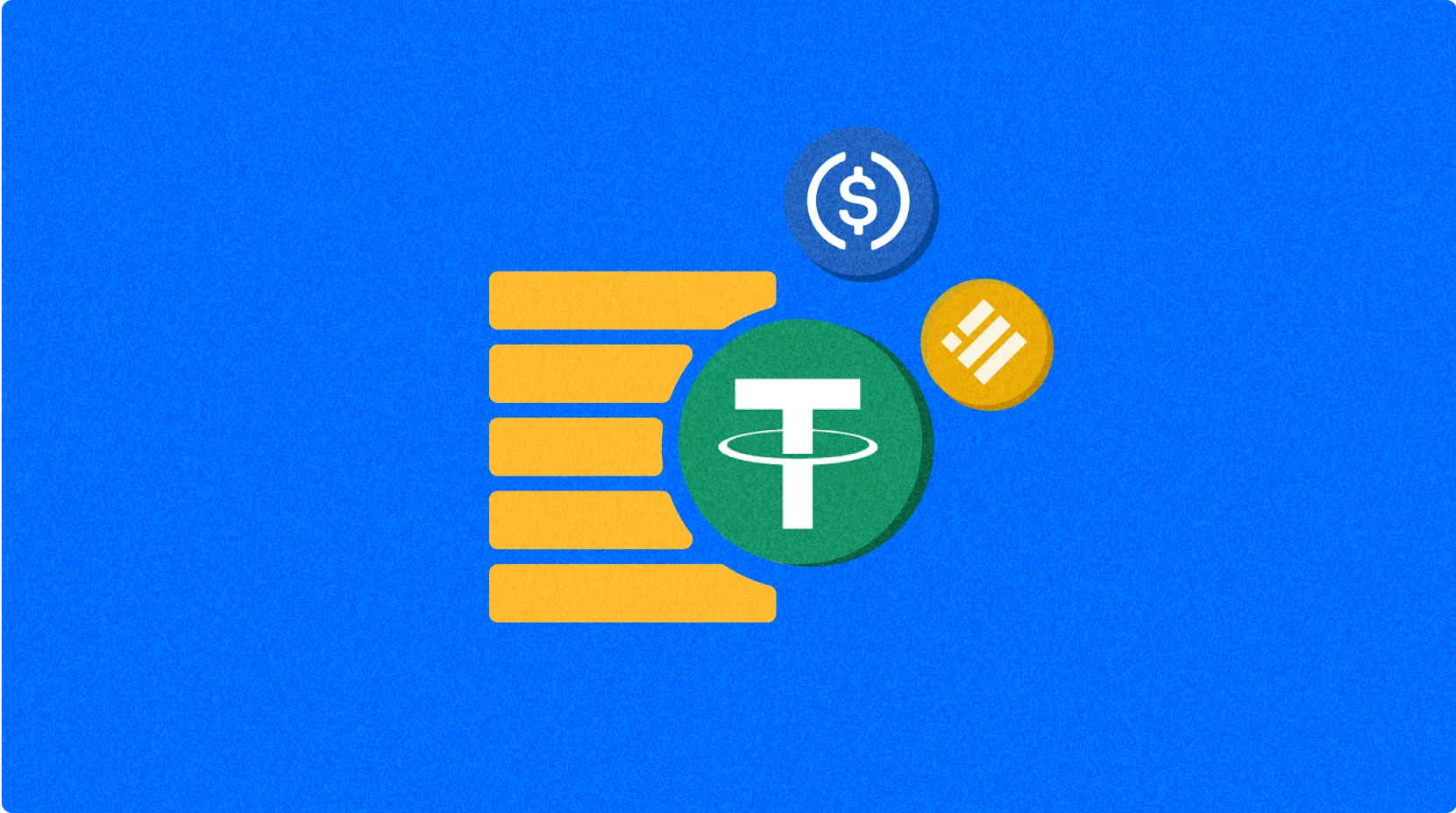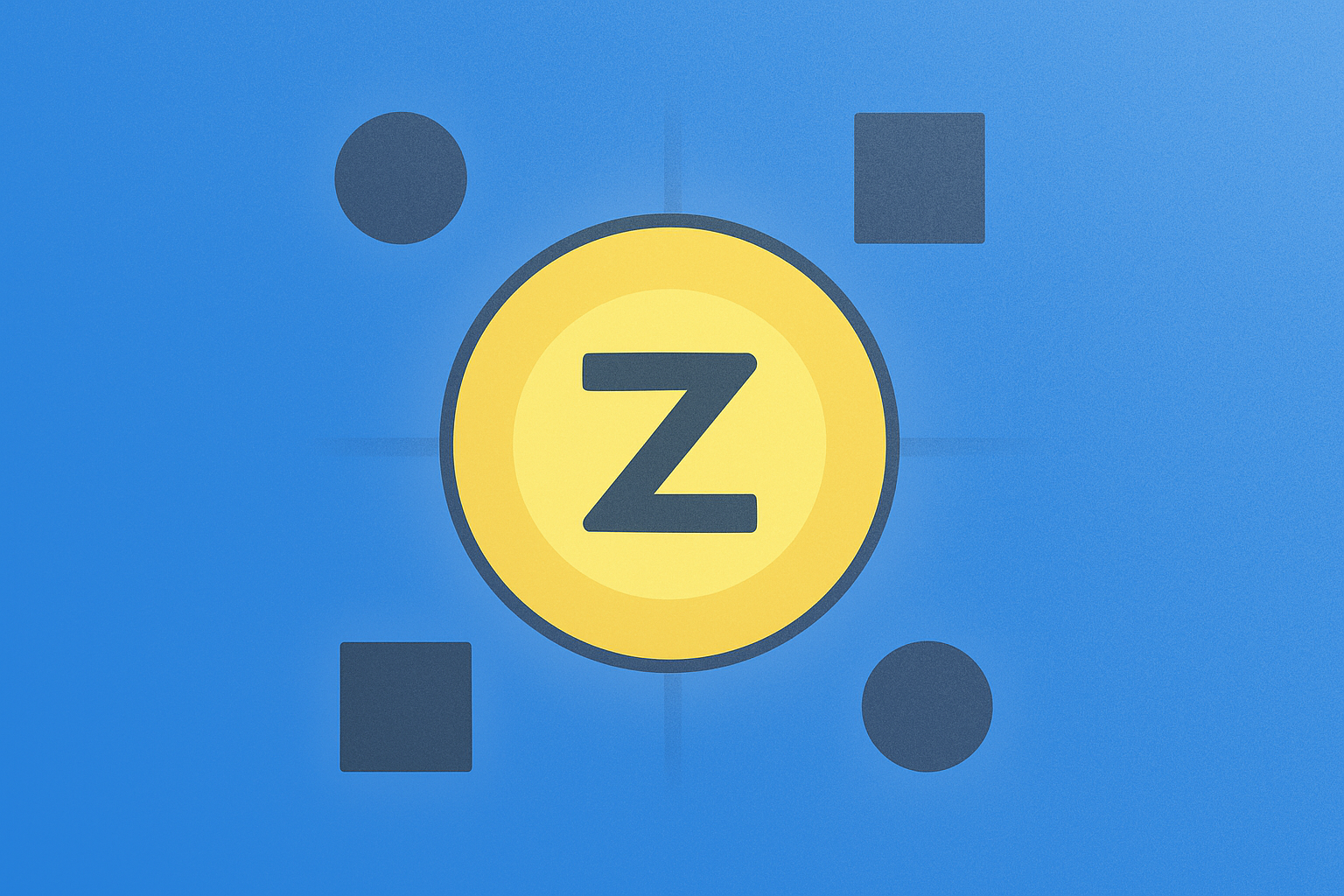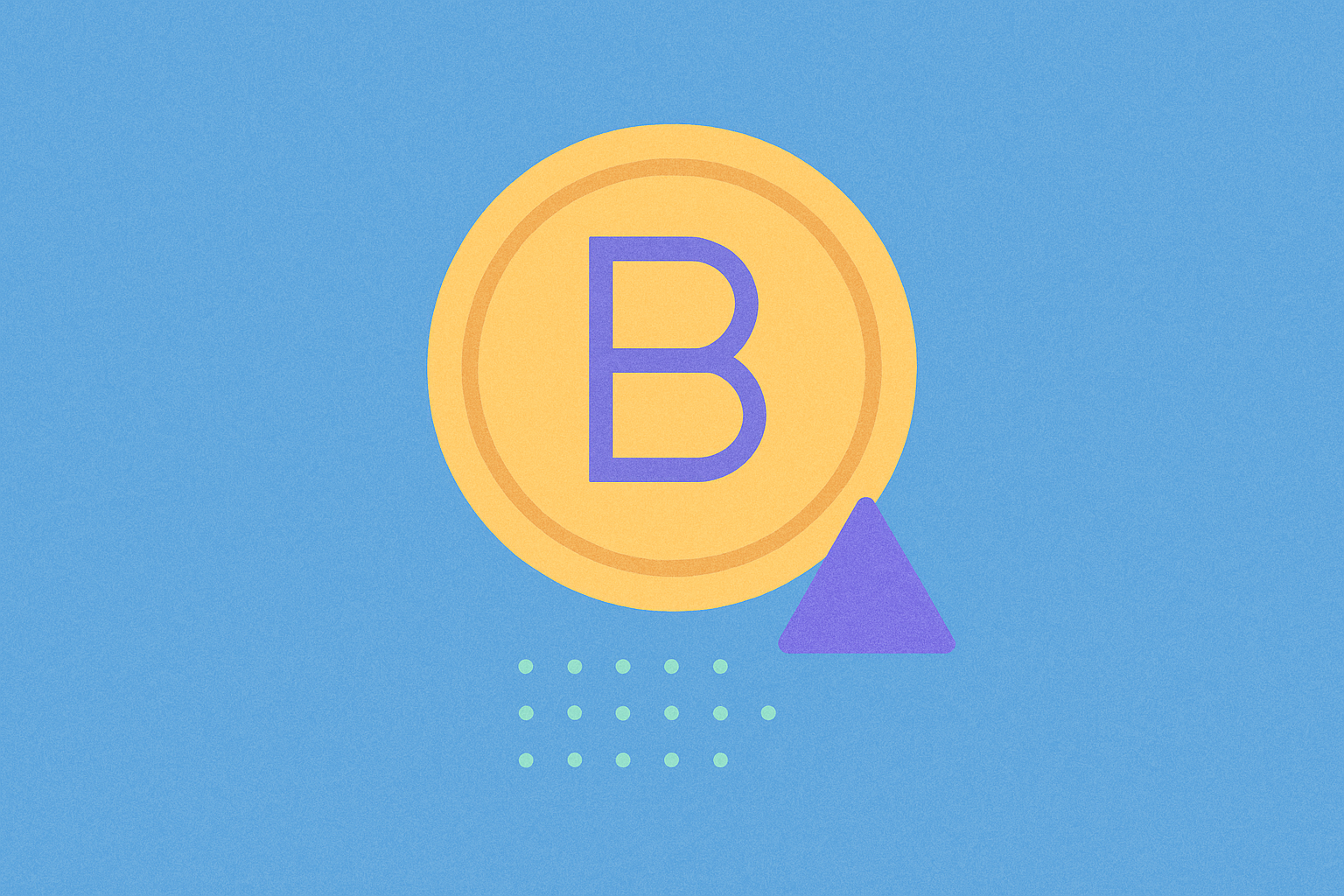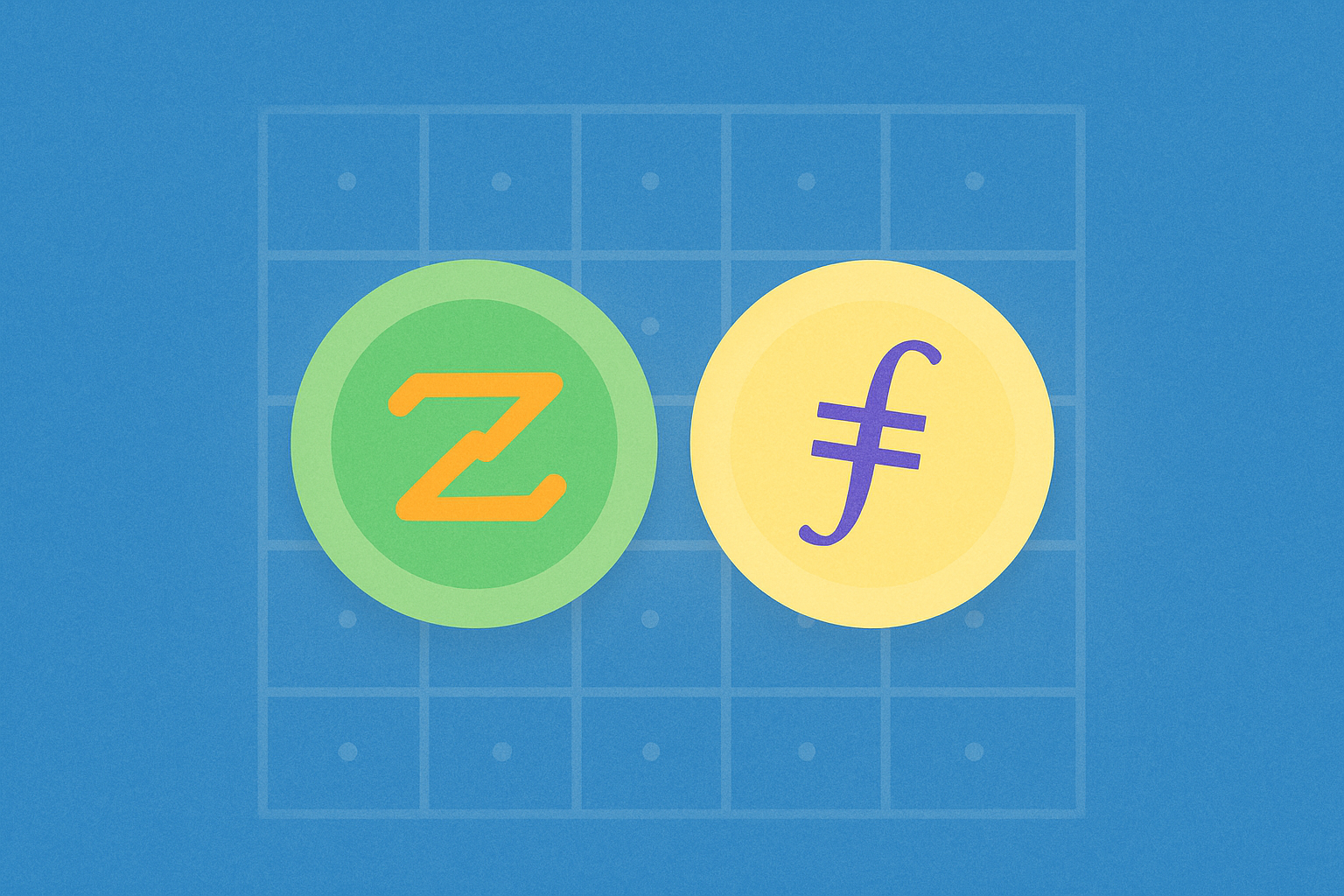Kripto'da Spot Cüzdan Nedir? Yeni Başlayanlar için Tam Rehber

Spot Cüzdanları Anlamak: Kripto Ticaretine Giden Kapı
Kripto para dünyasının hızla gelişen yapısında, spot cüzdanlar hem traderlar hem de yatırımcılar için vazgeçilmez bir araç haline geldi. Kripto para alanında bir spot cüzdan, kullanıcıların mevcut piyasa fiyatlarında kripto paraları tutmalarına, göndermelerine ve almalarına olanak tanıyan dijital bir depolama çözümüdür. Borsa tarafından yönetilen emanet cüzdanların aksine, spot cüzdanlar kullanıcılara dijital varlıkları üzerinde tam kontrol sağlar, bu da onları kripto ekosisteminin kritik bir bileşeni haline getirir.
Spot cüzdanlar, kullanıcıların hemen teslimat için varlıkların alınıp satıldığı spot piyasalara katılmalarını sağlayarak kripto ticaretinin dünyasına güvenli bir geçit işlevi görür. Bu cüzdanlar, kripto paraları erişmek ve yönetmek için gerekli özel anahtarları depolarak, kullanıcıların dijital varlıklarının doğrudan sahipliğini sağlamaktadır. Bu kontrol seviyesi, spot ticaretle uğraşanlar için özellikle önemlidir; çünkü işlemleri hızlı bir şekilde gerçekleştirme ve fonları hareket ettirme yeteneği çok önemlidir.
Bir spot cüzdanı etkili bir şekilde kullanmak için, kullanıcıların öncelikle temel işlevselliğini anlamaları gerekir. Süreç genellikle fon almak için benzersiz bir adres oluşturmayı, özel anahtarları güvenli bir şekilde saklamayı ve işlemleri başlatmayı içerir. Birçok spot cüzdan artık bu işlemleri basitleştiren kullanıcı dostu arayüzler sunarak, kripto yeni başlayanları için bile erişilebilir hale gelmektedir. Kripto piyasası olgunlaştıkça, doğru spot cüzdanı seçmenin önemi giderek daha belirgin hale geldi; güvenlik özellikleri, desteklenen kripto para birimleri ve kullanım kolaylığı gibi faktörler karar verme sürecinde kritik roller oynamaktadır.
2025'te Önemli Olan Kripto Spot Cüzdanlarının Temel Özellikleri
2025 yılına doğru ilerlerken, en iyi düzeydeki spot cüzdanları tanımlayan özellikler önemli ölçüde evrim geçirdi. Güvenlik birincil öncelik olmaya devam ediyor; güvenilir cüzdan sağlayıcıları arasında gelişmiş şifreleme ve çok faktörlü kimlik doğrulama artık standart hale geldi. Birçok spot cüzdan, kullanıcı güvenliğini artırmak için parmak izi ve yüz tanıma gibi biyometrik erişim kontrolleri entegre etti, bu da konforu tehlikeye atmadan sağlanıyor.
Etkileşim, en iyi spot cüzdanların geniş bir kripto para birimi ve blok zinciri ağı yelpazesini desteklemesi ile önemli bir özellik haline geldi. Bu çoklu zincir desteği, kullanıcıların tek bir arayüzden çeşitli portföyleri yönetmelerine olanak tanır ve ticaret sürecini kolaylaştırır. Ayrıca, merkeziyetsiz finans (DeFi) protokolleri ile entegrasyon yaygın hale geldi; bu da kullanıcıların spot cüzdanlarından doğrudan getiri tarımı, staking ve diğer DeFi etkinliklerine katılmalarını sağlar.
Bir diğer kritik özellik, sağlam yedekleme ve kurtarma mekanizmalarının uygulanmasıdır. Önde gelen spot cüzdanlar artık şifreli bulut depolama ve donanım tabanlı kurtarma seçenekleri de dahil olmak üzere gelişmiş yedekleme çözümleri sunmaktadır; bu, kullanıcıların ana cihazları kaybolduğunda veya tehlikeye girdiğinde fonlarına yeniden erişim sağlayabilmelerini garanti eder. Bu özelliklerin önemi abartılamaz, çünkü kripto alanındaki sürekli var olan hack ve veri ihlalleri tehdidine karşı temel bir koruma sağlar.
Pazarın Hakimiyetini Süren En İyi Spot Cüzdan Seçenekleri
Spot cüzdan piyasası, son yıllarda önemli bir konsolidasyon yaşadı ve bu alanda birkaç ana oyuncu lider olarak öne çıktı. Bu cüzdanlar, güvenlik, işlevsellik ve kullanıcı deneyimi kombinasyonu ile kendilerini ayırt ettiler. Kripto dünyasında özel önerilerin hızla değişebileceği unutulmamalıdır; ancak bazı cüzdanlar, kullanıcılar ve uzmanlar arasında sürekli olarak yüksek sıralamalar almıştır.
Bir öne çıkan seçenek şudur: Gate Spot Cüzdan, güvenlik özellikleri ve Gate işlem platformuyla sorunsuz entegrasyonu sayesinde popülerlik kazanmıştır. Bu cüzdan, kullanıcılara kripto varlıklarını yönetmek için kapsamlı bir araç seti sunar; bu araçlar arasında gerçek zamanlı piyasa verileri ve gelişmiş ticaret seçenekleri bulunmaktadır. Gate Spot Cüzdanı'nın kullanıcı dostu arayüzü ve çok çeşitli kripto para birimlerini desteklemesi, hem yeni başlayanlar hem de deneyimli yatırımcılar için cazip bir seçim olmasını sağlamaktadır.
Spot cüzdan alanındaki diğer dikkat çekici rakipler, kullanıcı gizliliği ve kontrolünü önceliklendiren merkeziyetsiz seçenekleri içerir. Bu cüzdanlar genellikle topluluk denetimlerine olanak tanıyan açık kaynak kodu ile donatılmıştır ve güvenlik odaklı kullanıcılar arasında güven oluşturmaktadır. Özel anahtarları çevrimdışı saklayan donanım cüzdanları, uzun vadeli depolama ve yüksek değerli varlıklar için popülerliğini korumakta ve çevrimiçi tehditlere karşı ekstra bir koruma katmanı sunmaktadır.
Başarılı Ticaret için Spot Cüzdan Yönetimini Ustalaşma
Spot cüzdan yönetiminin etkili bir şekilde yapılması, başarılı kripto ticareti için çok önemlidir. Bu, yalnızca cüzdanın teknik yönlerini anlamakla kalmayıp, aynı zamanda güvenlik ve verimlilik için en iyi uygulamaları da uygulamayı içerir. Düzenli yedeklemeler, özel anahtarların dikkatli yönetimi ve potansiyel güvenlik tehditleri hakkında bilgi sahibi olmak, sorumlu cüzdan yönetiminin tüm temel bileşenleridir.
Tüccarlar için, fonları hızlı bir şekilde spot cüzdanları ile ticaret platformları arasında taşımak önemli bir avantaj olabilir. Birçok spot cüzdan artık büyük borsalarla doğrudan entegrasyonlar sunmakta, bu da kesintisiz transferler sağlayarak işlemleri gerçekleştirmek için gereken süreyi azaltmaktadır. Bu işlevsellik, piyasa koşullarının hızla değişebileceği kripto ticaretinin hızlı tempolu dünyasında özellikle değerli.
Eğitim, spot cüzdan yönetiminde ustalaşmada hayati bir rol oynamaktadır. Kripto alanı sürekli evrildiğinden, yeni özellikler, güvenlik protokolleri ve en iyi uygulamalar hakkında bilgi sahibi olmak gereklidir. Gate dahil birçok cüzdan sağlayıcısı, kullanıcıların spot cüzdanlarından en iyi şekilde yararlanmalarına yardımcı olmak için kapsamlı eğitim kaynakları sunmaktadır. Bu kaynakları kullanarak ve en iyi uygulamaları sürekli olarak uygulayarak, yatırımcılar güvenlik durumlarını geliştirebilir ve genel ticaret verimliliklerini artırabilirler.
Sonuç olarak, spot cüzdanlar 2025 yılında kripto yatırımcıları için vazgeçilmez bir araç haline gelmiştir ve güvenlik, işlevsellik ve kontrol dengesini sunmaktadır. Pazar olgunlaşmaya devam ederken, spot cüzdan teknolojisinde daha fazla yenilik bekleyebiliriz ve bu da dijital varlıklar ve blockchain ağlarıyla etkileşim şeklimizi devrim niteliğinde değiştirebilir.

Spot Cüzdan Nedir? Kripto Varlıklarınızı Yönetmeye Başlayanlar İçin Rehber

Spot Cüzdan Nedir? Ticaret ve Depolama için Yeni Başlayanlar Rehberi

Spot Cüzdan: Kripto Alım Satımına Giden Kapı

Spot Cüzdanları Anlamak: Detaylı Bir Kılavuz

Spot Cüzdanların Temellerini Anlamak

Doji Mum Çizgisi Açıklaması

Falcon Finance (FF) iyi bir yatırım mı?: Getiri, Risk ve Piyasa Potansiyelinin Kapsamlı Analizi

Zebec Protocol (ZBCN) iyi bir yatırım mı?: 2024’te Tokenomik, Kullanım Alanları ve Piyasa Potansiyeline Kapsamlı Analiz

Audiera (BEAT) iyi bir yatırım mı?: Tokenomik, piyasa potansiyeli ve risk faktörlerinin detaylı analizi

zkSync (ZK) iyi bir yatırım mı?: Katman 2 Ölçeklendirme Çözümleri ve Gelecek Perspektiflerinin Kapsamlı Analizi

TBC ve MANA: İki Önde Gelen Blockchain Yönetim Token’ının Kapsamlı Karşılaştırması







